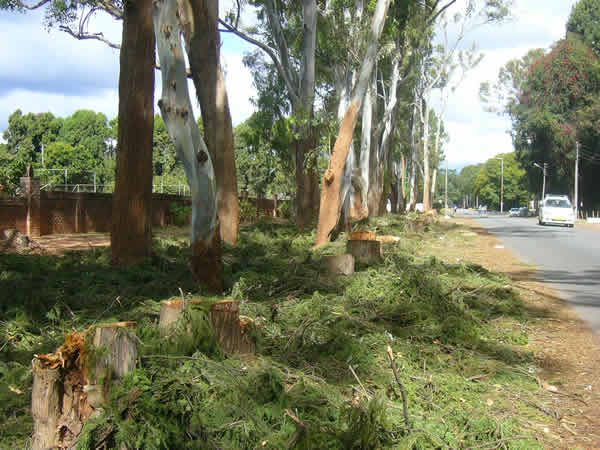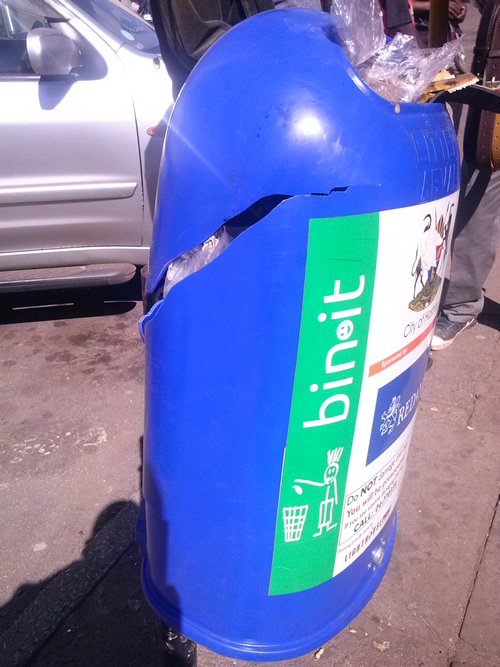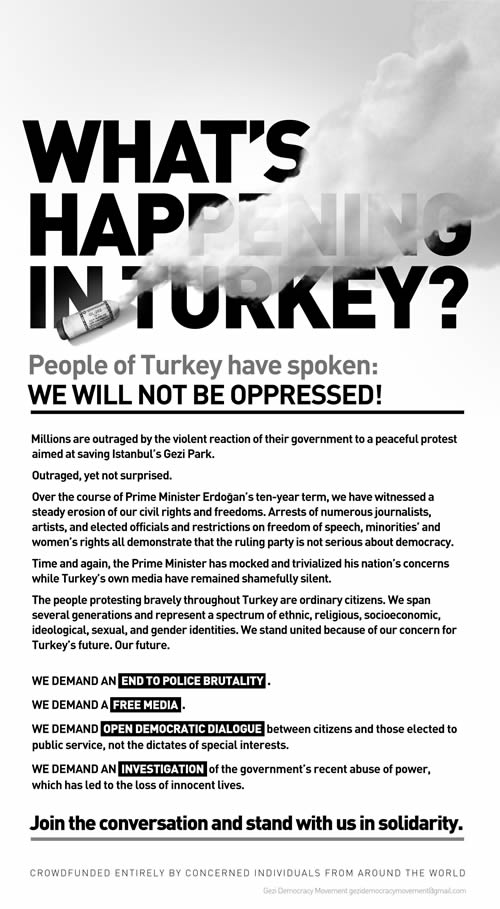Democracy, what democracy?
Thursday, June 13th, 2013 by Marko Phiri“Unilateral” is a word that must be trending in Zimbabwe’s Twittersphere today after President Robert Mugabe took the country back to 1965.
Despite all the “magnanimity” he seemingly had extended to Morgan Tsvangirai in the past weeks, he brews this shocker.
There’s been near-punch ups in the virtual world of the World Wide Web as peeved Zimbos trade barbs, stuff that a revolution would be made of were such energy channeled towards the source of that anger.
In today’s Herald the presidential spokesman is quoted as saying “the Head of State and Government and Commander-in-Chief of the Zimbabwe Defence Forces would not be persuaded to violate the laws of the country” by defying the ConCourt’s ruling compelling to hold elections by 31 July.
Of course this was after reports emerged that some political parties were petitioning the President of the Republic to oppose the declaration.
I am always surprised when Zimbabweans are surprised by such developments!
Perhaps people have very short memories, but this is the Zanu PF modus operandi, and for anyone to expect anything else from this party would be a case of inveterate naivety. The thing is, where do we go from here, what with SADC also expected to be the ultimate arbiter of this political circus?
One certain thing about this latest declaration is that it entrenches apathetic attitudes to electoral processes as some say if Mugabe can unilaterally call for polls despite Tsvangirai’s own earlier declaration that he holds the keys to elections, what is to stop him (Mugabe) from declaring himself a winner in the elections, or as he did in 2008 refuse to accept defeat.
Yet that should be motivation enough for Zimbabweans who have heeded the call to register and also check the voters roll to exercise their franchise to the fullest and show the power mongers who is in charge, or else attempting to kick Zanu PF in the butt will equate to just another fool’s errand.
Look who’s laughing now. Democracy, what democracy?












